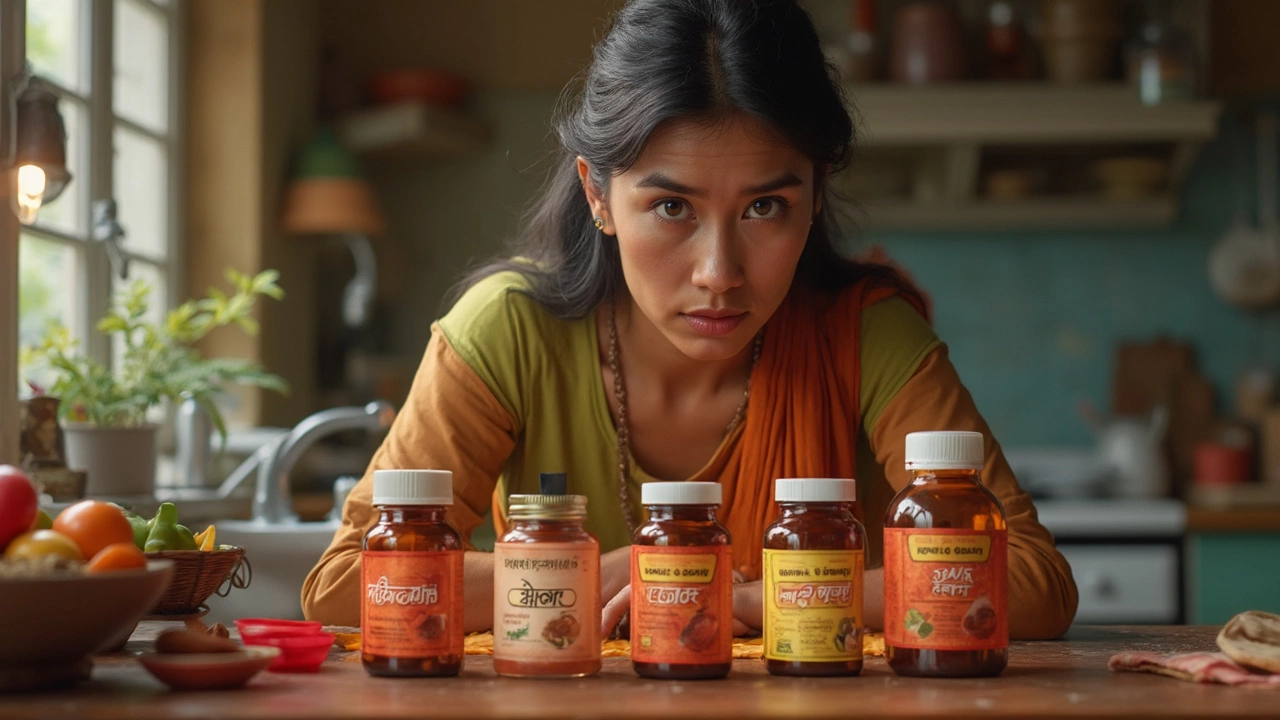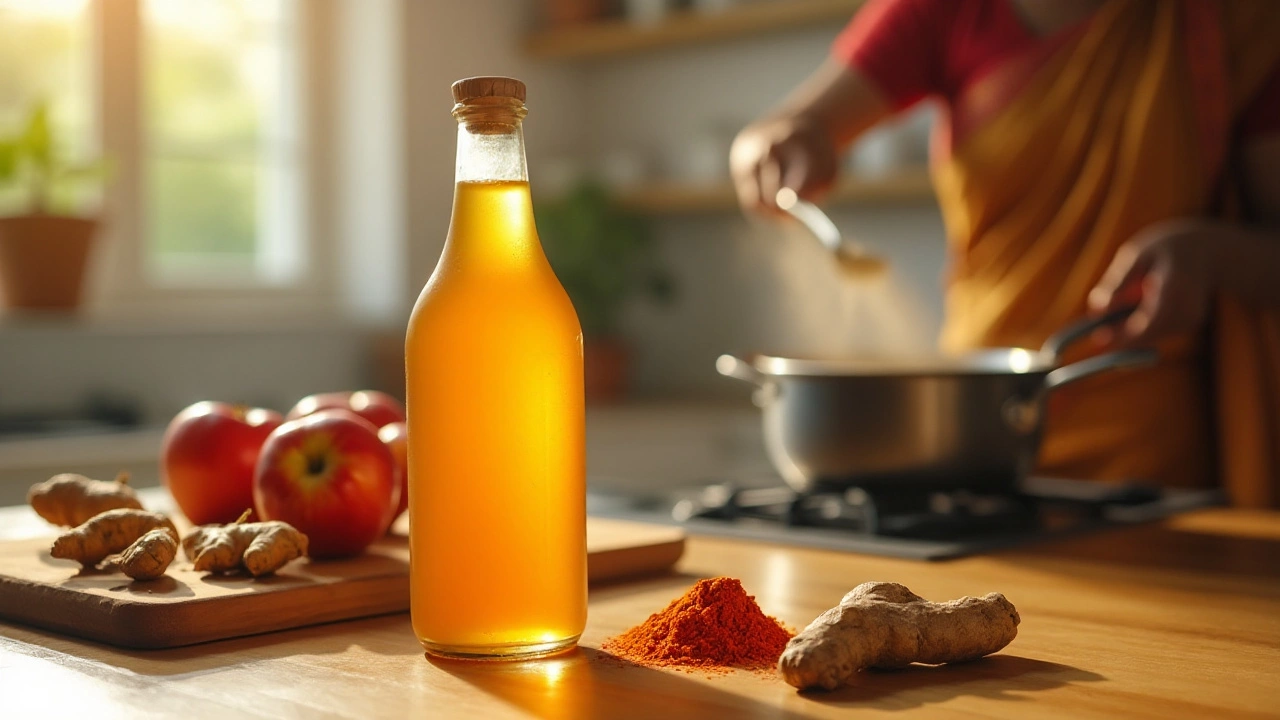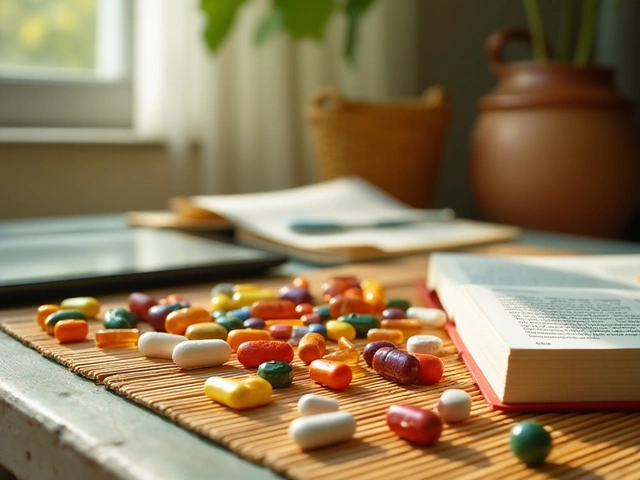Liver Health: What You Need to Know About Medicine‑Induced Toxicity
If you take prescription or over‑the‑counter meds, your liver is doing most of the heavy lifting. It breaks down chemicals, filters waste, and keeps you feeling okay. But not every pill is gentle on this organ. Understanding which drugs can harm your liver helps you avoid surprise problems later.
India’s pharma market is huge, and many drugs are sold without a doctor’s watchful eye. That convenience can hide hidden risks. When a medicine contains a toxic ingredient or is taken in high doses, the liver may get inflamed, scarred, or even fail. Spotting early signs—like fatigue, dark urine, or yellow skin—can save you from serious damage.
Common Drugs That Strain the Liver
Paracetamol (acetaminophen) is the go‑to fever reducer, but a single extra dose can overload the liver’s detox pathways. Anti‑tuberculosis meds such as isoniazid and rifampicin are notorious for causing liver enzyme spikes. Some antibiotics, especially fluoroquinolones, have been linked to liver inflammation in a small number of patients.
Herbal supplements aren’t always safer. Popular Ayurvedic formulations may contain heavy metals or unscreened herbs that stress the liver. Even weight‑loss pills marketed as “natural” often hide stimulants that force the liver to work harder than it should.
Tips to Keep Your Liver Safe
First, always follow the dosage instructions on the label or from your doctor. If you’re mixing medicines, ask a pharmacist whether they interact badly with the liver. Drinking alcohol while on liver‑heavy drugs is a fast track to trouble—skip the booze if you can.
Second, get regular liver function tests if you’re on long‑term medication. A simple blood test can catch rising enzymes before you feel sick. If the numbers climb, your doctor may switch you to a gentler alternative.
Third, stay hydrated and eat a balanced diet. Foods rich in antioxidants—like leafy greens, berries, and turmeric—support liver cells in repairing themselves. Avoid greasy, processed meals that add extra work for the organ.
Lastly, read the fine print. Some Indian drug packages list “hepatotoxicity” as a possible side effect. Knowing this ahead of time lets you watch for symptoms and act quickly. If you ever feel unsure, call your healthcare provider—you’ll thank yourself later.
Protecting your liver isn’t about giving up all medication; it’s about being informed, staying cautious, and giving the organ the support it needs. With a little awareness, you can enjoy the benefits of modern medicine while keeping your liver happy and healthy.

Best Drinks to Flush Your Liver Naturally and Effectively
Explore what really works for flushing your liver and the science behind the best drinks for a natural liver detox. Get realistic, practical tips for liver health.

Herbal Supplements That Harm Your Liver: What You Need to Know
Some herbal supplements can cause liver damage. Get the facts on which herbs are toxic, why they're risky, and tips for safe use of herbal remedies.

Worst Things for Your Liver: Herbal Supplements That Can Do Real Damage
Herbal supplements might seem safe, but some can seriously hurt your liver. This article points out the three worst offenders and explains why they’re dangerous. You’ll get the facts on what these herbs do, warning signs to watch for, and tips on how to protect your liver. The goal is to help you make smarter choices and avoid unnecessary risks. Stay informed to keep your liver out of trouble.

Apple Cider Vinegar and Liver Health: Myths and Facts
Apple cider vinegar is widely claimed to have numerous health benefits, including aiding in liver detoxification. This article explores whether these claims hold any truth by examining the effects of apple cider vinegar on liver health. Understanding the liver's function and looking at various studies can help clarify the role this popular herbal supplement might play in detoxification. Discover both the scientific and mythical aspects of using apple cider vinegar for liver cleansing.

Can You Safely Take Multiple Vitamins Together?
Jan, 23 2025



